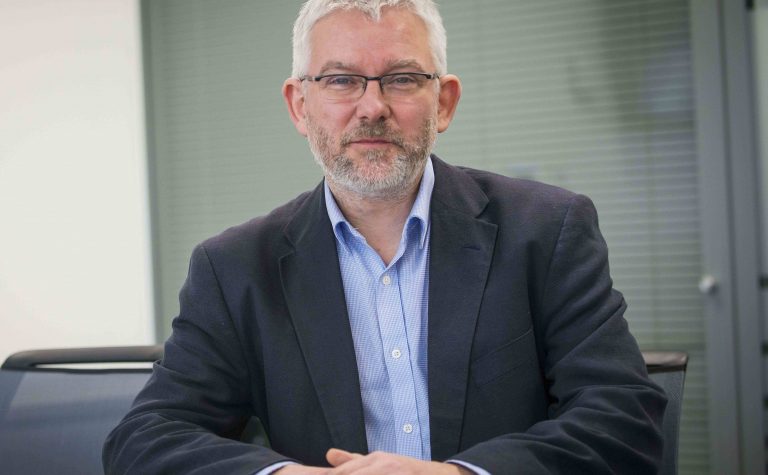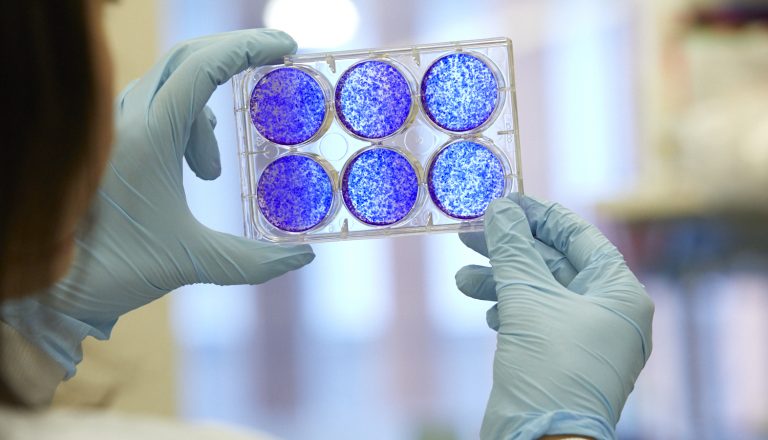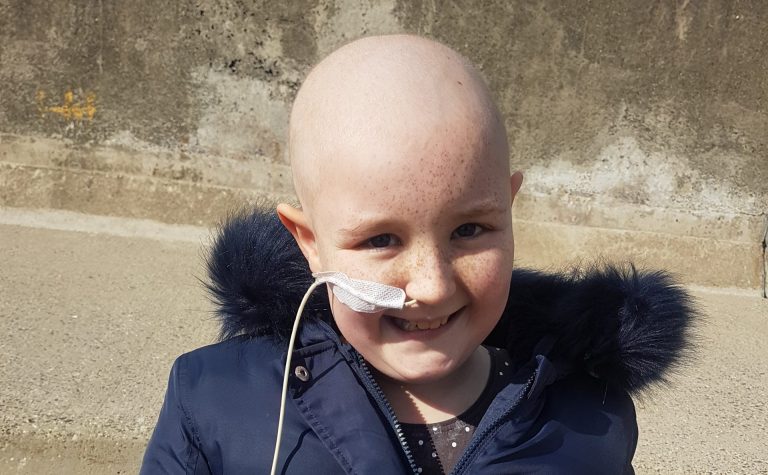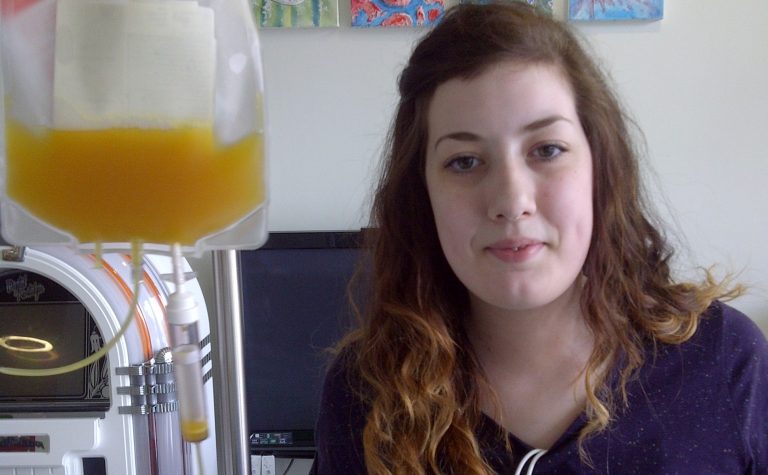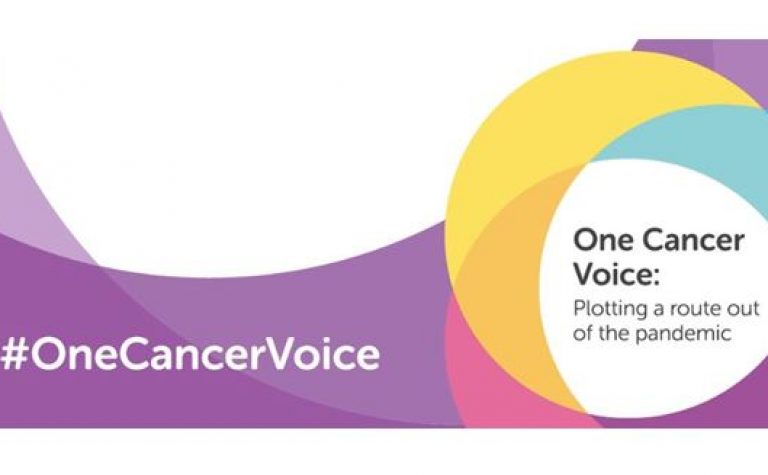About the research team
Professor Steve Clifford is a Professor of Molecular Paediatric Oncology and Director at the Newcastle University Centre for Cancer. Professor Clifford is a proven organisational lead of international clinical research networks and is working with a team of highly experienced international leaders in medulloblastoma research. The multi-disciplinary team comprises the essential expertise to deliver new therapies from concept to clinic and, importantly, involves emerging independent investigators: Dr Rebecca Hill of Newcastle University, Dr Laura Donovan of UCL and Dr Alejandra Bruna of ICR. They will be working alongside established senior investigators – Professor John Anderson of UCL and Professor Louis Chesler of ICR. Their work will also be supported by international collaborators Professor Gareth Veal, Professor Andrea Sottoriva, and Professor Robert Wechsler-Reya. 